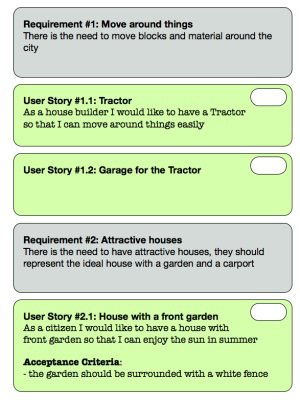The purpose of an agile team—to frequently produce real results that people find valuable.
And herein lies the practice of agile coaching: to constantly reawaken and refocus, so you can improve the span and impact of your coaching. Why? So that people become great agilists, teams create products that make them proud, and companies and nations reap the benefits of free and accountable teams living in a world of possibility from which both innovation and excellence arise.
This book serves up a wide variety of those good coaching ideas, some provocative and some practical. Some you will chew on for a long time, maybe even struggle with. Others you will adopt as yours right away. Expect both.
The answers came from agile frameworks themselves and from the allied disciplines that supplement the agile coach’s toolkit quite naturally, such as facilitation, conflict mediation, collaboration, work/life coaching, and teaching.
An agile (or Scrum) coach is
- Someone who appreciates the depths of agile practices and principles and can help teams appreciate them, too
- Someone who has faced the big dragons, organizational impediments, and has become a coach to managers and other outsiders in the course of addressing them
- Someone who can help management at all levels of the organization to understand the benefits of working agile
- Someone who has brought ideas from professional facilitation, coaching, conflict management, mediation, theater, and more, to help the team become a high-performance team—the way you always imagined a high-performance team could be when you allowed yourself to dream


We know that motivation in the knowledge age comes when people achieve autonomy, mastery, and a sense of purpose (Pink 2009).
Set the expectation
Introduce the metaphor for high performance


To find your growing edge, let’s explore these areas one at a time in the sections to come:
- How you react to conflict
- The words you choose in everyday conversation
- Your position on being a servant leader
- Your comfort with emotional intelligence
Thomas Kilmann Instrument (TKI), which is a categorization of common conflict response modes:
- Competing: Assertive and not cooperative
- Collaborating: Assertive and cooperative
- Compromising: In the middle on both dimensions
- Accommodating: Cooperative and not assertive
- Avoiding: Neither assertive nor cooperative



